
Certain patients with metastatic renal cell carcinoma safely underwent active surveillance of their disease prior to undergoing systemic therapy.

Certain patients with metastatic renal cell carcinoma safely underwent active surveillance of their disease prior to undergoing systemic therapy.

The majority of patients with clear cell renal cancer saw benefit from pazopanib therapy prior to undergoing cytoreductive nephrectomy, according to a single-arm study.

Some patients with mantle cell lymphoma may safely defer treatment for their disease, and, in fact, deferral of therapy was an independent predictor of overall survival.

First-line osimertinib, a targeted therapy against EGFR mutations, was found to be effective in patients with advanced non–small-cell lung cancer, resulting in a 77% overall response rate.

Patients with renal cell carcinoma whose disease progressed after previous VEGF therapy saw increased delays in disease progression when treated with lenvatinib.
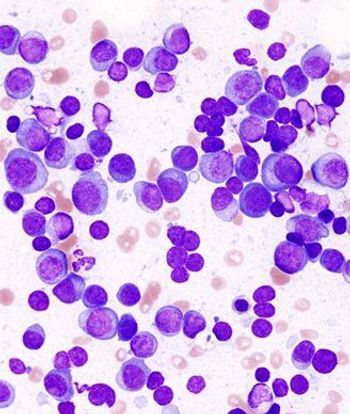
Eighty percent of patients with advanced multiple myeloma had a clinical response to a new T cell–receptor therapy that used T cells to target cells expressing NY-ESO-1.
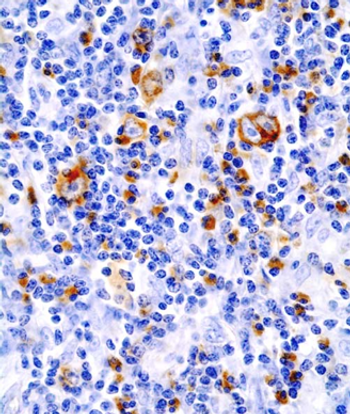
Early consolidation therapy with brentuximab vedotin after autologous stem cell transplant improved progression-free survival of patients with Hodgkin lymphoma.

Ninety percent of patients with relapsed/refractory acute lymphoblastic leukemia achieved complete remission after a T-cell therapy treatment targeting CD19.
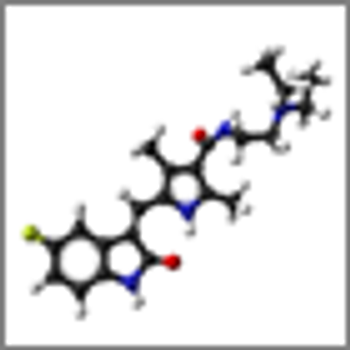
Results of a head-to-head comparison of first-line treatment of metastatic renal cell carcinoma with the mTOR inhibitor everolimus or VEGF inhibitor sunitinib showed that everolimus did not meet noninferiority requirements as a first-line therapy.
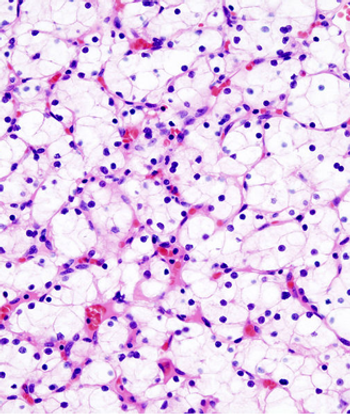
Scientists have discovered a new molecular target for therapy to fight clear cell renal cell carcinoma, neuronal pentraxin 2 (NPTX2).
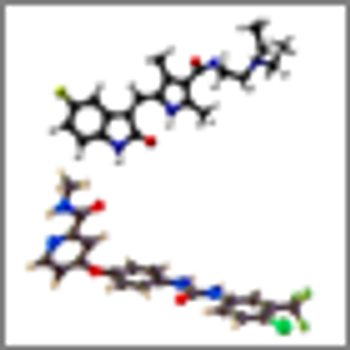
The order of the sequencing of sorafenib and sunitinib for first-line and second-line therapy did not affect progression-free and overall survival for patients with advanced renal cell carcinoma.
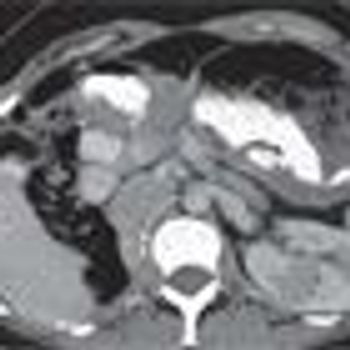
Researchers observed durable responses in patients with renal cell carcinoma treated with the PD-L1 antibody MPDL3280A. The study, which was presented at the 2013 ASCO Annual Meeting, was one of the few immune therapy trials that allowed patients with non-clear cell histologies and some clinical activity was observed in these patients.

A trial comparing axitinib to sorafenib as first-line therapy for metastatic renal cell carcinoma showed a statistically significant improvement in progression-free survival for the drug; however, the difference failed to meet the phase III trial’s prespecified significance level of 0.025.